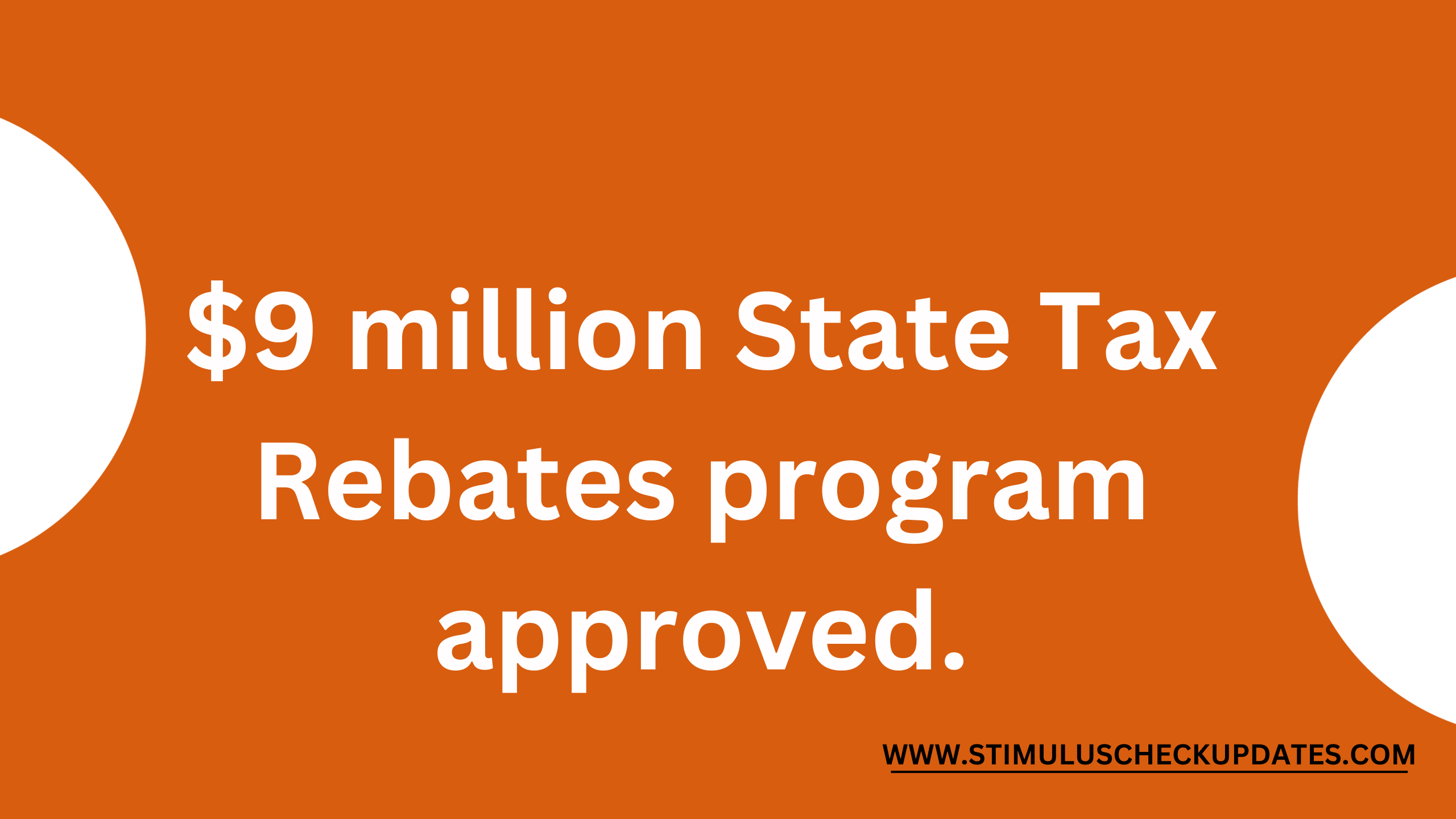State Tax Rebates Provide Much-Needed Relief from Inflation
many Americans continue feeling the financial strain of high inflation that has persisted for over a year now. Prices at the grocery store, gas pump, and elsewhere remain stubbornly elevated, eating into household budgets. While the Federal Reserve works to cool the economy and bring inflation under control, relief has been slow to materialize for consumers.
In this challenging economic environment, several states have taken matters into their own hands by issuing tax rebates directly to residents. These one-time cash infusions are aimed at helping offset higher living costs and putting a little extra money back in taxpayers’ wallets. From Montana to Alabama and beyond, rebate programs are providing timely and targeted relief that has been welcomed across recipient communities.
In Wyoming, customers of major electricity provider Rocky Mountain Power received good news recently with the approval of a $9 million rebate program.
An investigation found the utility had unintentionally overcharged customers after raising rates over the past two years. The rebates, which will average several hundred dollars per household, help correct this error while acknowledging the public’s concerns over the affordability of basic utilities.
Wyoming Public Service Commission Chair Mary Throne noted rebates were “essential for maintaining customer trust and regulatory compliance.”
Montana has been one of the most generous states, issuing rebates worth up to $2,500 per individual tax filer by the end of October. For married joint filers, the maximum is also $2,500. Governor Greg Gianforte hailed the program as a way to return excess taxes collected from residents last year, emphasizing “Montanans overpaid their taxes, and we’re giving it back.” The rebates, funded from state budget surpluses, are providing crucial support to households across Montana.
Alabama also tapped into budget reserves, spending $393 million to distribute $300 checks to taxpayers who filed 2021 state returns before an October deadline.
With no state income tax, the rebates aimed to offset higher grocery taxes paid throughout the year. Governor Kay Ivey said “Alabamians have faced high costs for far too long” and the one-time payments would offer families some financial relief.
In Arizona, individuals can receive $250, plus $100 for each dependent, up to a maximum of $750 per family. For those over 18 still claimed as dependents, the amount is $100 each. Virginia issued rebates through a similar structure, with single filers getting $200 and joint filers receiving $400 total.
While the amounts vary, these rebate programs across several states share the common goal of putting money directly in citizens’ pockets to counteract inflation’s impact.
With price increases showing no signs of slowing, the additional funds provide much-needed support. According to the latest Consumer Price Index report, overall inflation slowed slightly to 7.7% in October but core prices excluding food and energy rose at their fastest pace in 40 years.
State leaders have emphasized rebates are not a permanent solution but rather aim to offer temporary financial assistance. As Montana Governor Gianforte stated, “We can’t tax or spend our way out of inflation long term, but we can help folks now.”
Still, the immediate benefits are substantial. For many lower-income families in particular, an extra $250 to $500 can mean the difference between making ends meet or falling behind on bills and expenses each month amid high inflation.
While the federal response to rising costs has lost momentum after the last round of stimulus checks in 2021, state rebates are filling an important gap. They demonstrate that local governments can target relief more directly when conditions require swift action.
As economic uncertainty persists into 2023, additional states may consider rebate programs tailored to their budgets and taxpayers’ needs. For now, current recipients across the U.S. will welcome the funds as one way to regain some purchasing power lost to persistently high inflation.
FAQs- $9 million State Tax Rebates program approved
How much can individuals expect to receive from these rebate programs?
The amounts vary by state, with Wyoming approving a $9 million rebate program, Montana offering rebates up to $2,500 per individual, Alabama distributing $300 checks, and Arizona providing $250 plus $100 for each dependent, up to a maximum of $750 per family.
What led to the approval of Wyoming's $9 million rebate program?
Rocky Mountain Power, Wyoming's major electricity provider, unintentionally overcharged customers after raising rates over the past two years. The $9 million rebate program aims to correct this error, with rebates averaging several hundred dollars per household.
Are these rebate programs a permanent solution to inflation?
State leaders emphasize that tax rebates are not a permanent solution but offer temporary financial assistance. While they can't address inflation long term, they provide immediate support, particularly for lower-income families, helping them cope with the impact of persistently high inflation.
for the latest post-visit: stimuluscheckupdates.com

